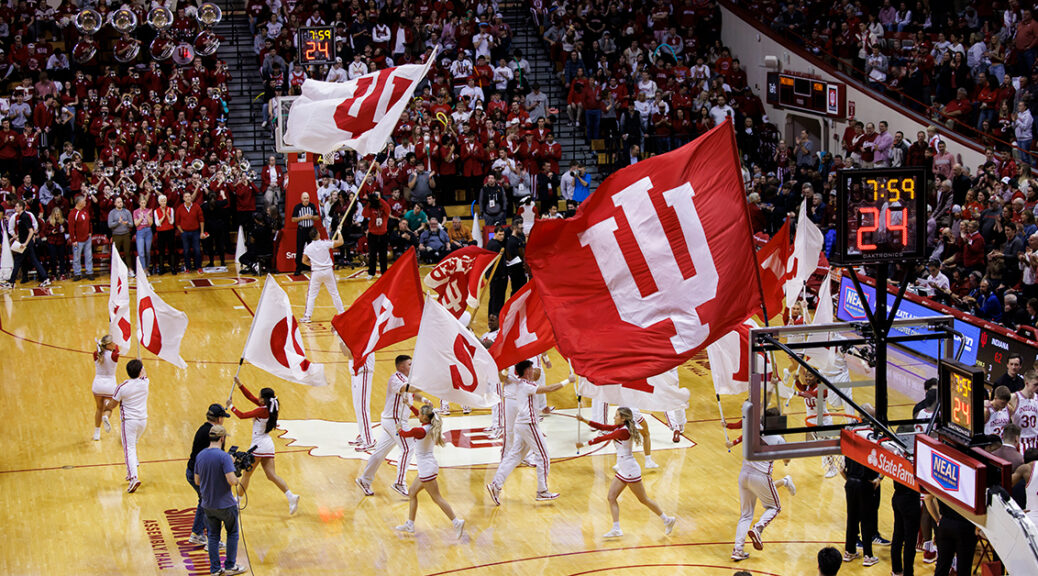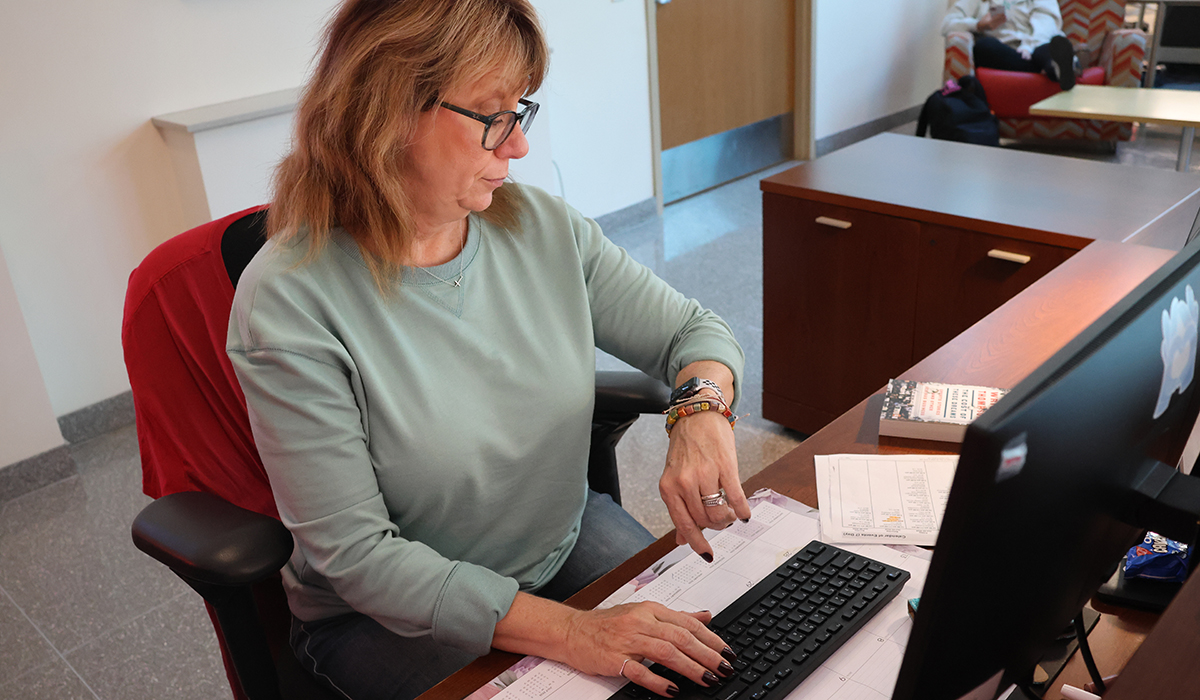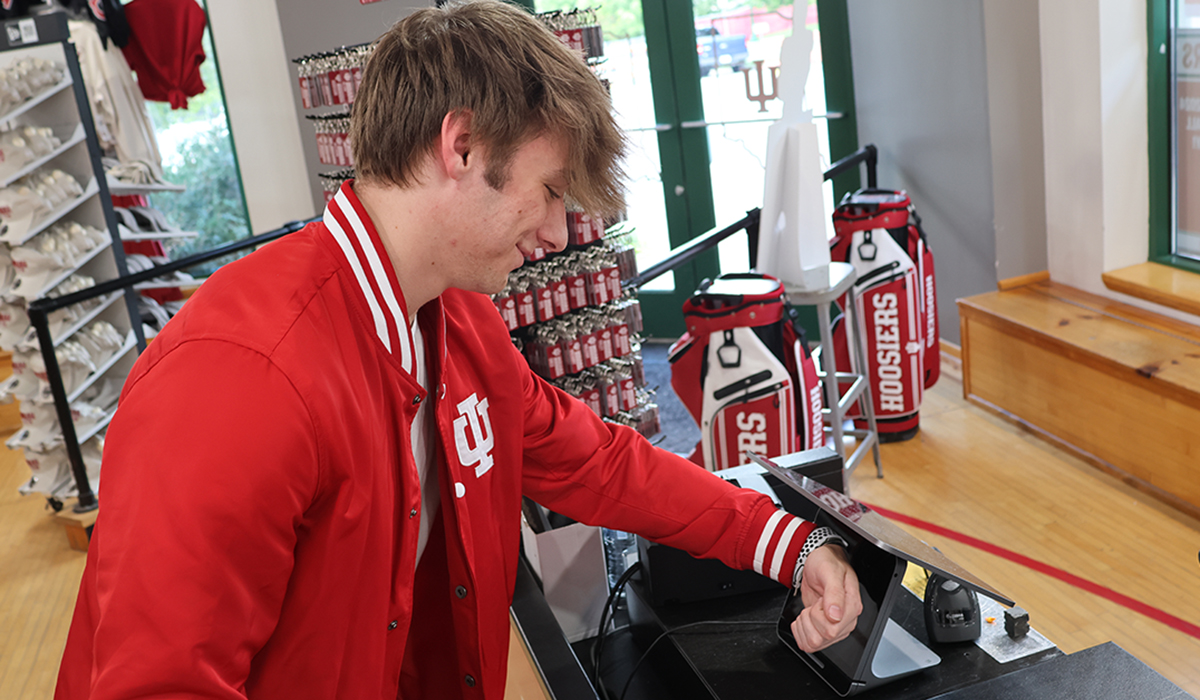NIL ruling changes the game for student athletes
By Peyton Cooperstein, Sienna Phongkhammeung, and Hattie Martin
BLOOMINGTON, IN (NOV. 5, 2024)- NIL regulations have caused major modifications for players in college in recent years. This allows athletes to earn money from their identities through advertising. After much discussion, regulations have become a reality affecting many athletes, colleges, and universities. Numerous opinions have been produced concerning the advances and potential disadvantages of NIL. NIL affects college athletes, Jayden Easley and Ben Pomerantes, as well as Dr. Galen Clavio, who shared their thoughts on NIL and its effects.
Ben Pomeranets, a tennis player for the IU tennis team, endorses and has favorable opinions toward NIL platforms. He stresses that it provides numerous benefits for both individuals and institutions. He says, “The NIL system benefits many parties. Universities and businesses can benefit from an athlete’s endorsements and attendance, and the athlete is compensated financially in return”. Based on Pomeranet’s answer, NIL creates a win-win scenario because athletes are paid for what they are doing and businesses profit from awareness created by the recommendations of the athletes. Pomeranets highlights that the NIL system is a great idea because he says “receiving some financial support through NIL is very advantageous to my family, especially considering how much money they have invested in me getting to this point. Being able to partake in brand deals can also help me develop my personal brand and gain exposure to the business/marketing world”.
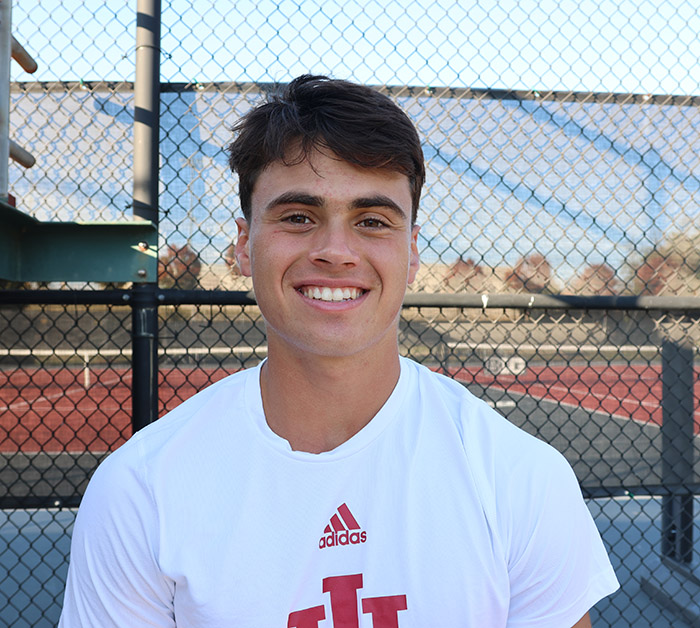
Pomeranets also views NIL as a way to grow outside of sports. While playing a lower-revenue sport than football or basketball. Pomeranets appreciates the opportunity that NIL provides him to build his name up and gain exposure to the marketing world. He makes connections and understands the sports industry by taking part in brand discussions which will benefit him in the long run after his sports career comes to an end. Pomeranets stresses that NIL is not NIL without its challenges such as the risk of marketing in college athletes. He thinks these differences can be handled with the correct rules.
Another athlete, Jayden Easly, offers a more skeptical view of NIL. While athletes spend large amount of their lives dedicated to their sport, they also have goals of their own they want to pursue. To this he says “College athletes dedicate a lot of time and energy to bring success to their school’s sports teams while chasing their dreams. However, some athletes from bigger schools are being paid multiple millions of dollars to go there, which in my opinion is too much money to give to young adults”. According to Easly, NIL gives college athletes a chance to earn money while also being recognized for their efforts. Easly, however, takes a different view and states his opinions about some contracts that give other college athletes disadvantages. He expresses questions as to whether these huge sums are appropriate for young athletes. Suggesting that they can be unreasonable and could have many adverse effects like a huge increase in stress and mental health along with skewed motivation.
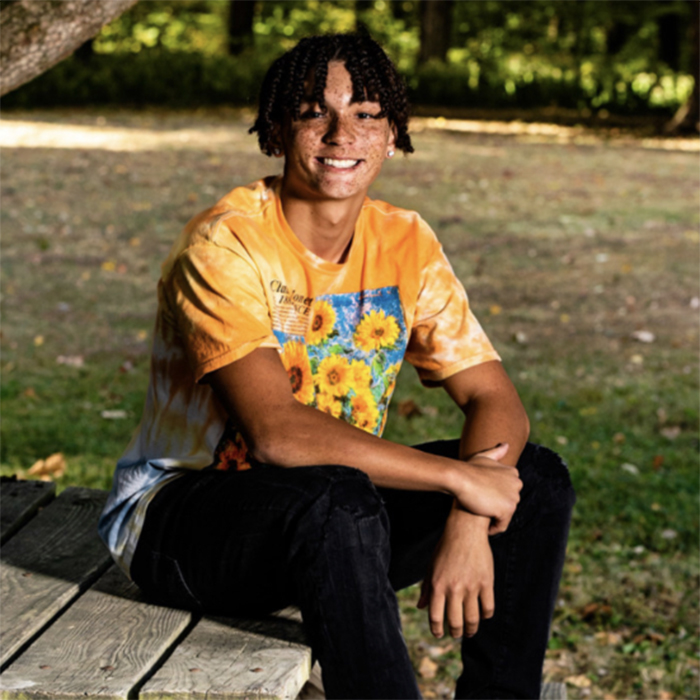
Easly is worried about the major effect that NIL variations will have on the hiring procedure. He emphasizes that larger weather colleges can now attract the top athletes since they offer significantly higher NIL chances than smaller institutions. He argued that this change may put many athletes at a disadvantage if they decide to enviously attend a bigger school which would in the end hurt the smaller schools. Showing hope and personal values can take priority over financial rewards. Easly shared the story of a player who did indeed receive huge NIL offers from the college he attends at. Easly is still worried that these disadvantages may become more common as NIL has a huge impact.
Easly also brings up the topic of financial fairness across multiple sports. He truly believes that all participants should be paid fairly for their long hours even if knows that high-profit sports like football and basketball make up a huge deal of income at the universities. He believes that it is the reason that athletes in high-paying sports make more money with NIL, but he thinks that a system that takes into consideration the work of the men in all different sports. Easly worries that NIL might make or break the difference between a well-known player versus someone not as well-known in sports. This could make athletes feel worse about themselves.
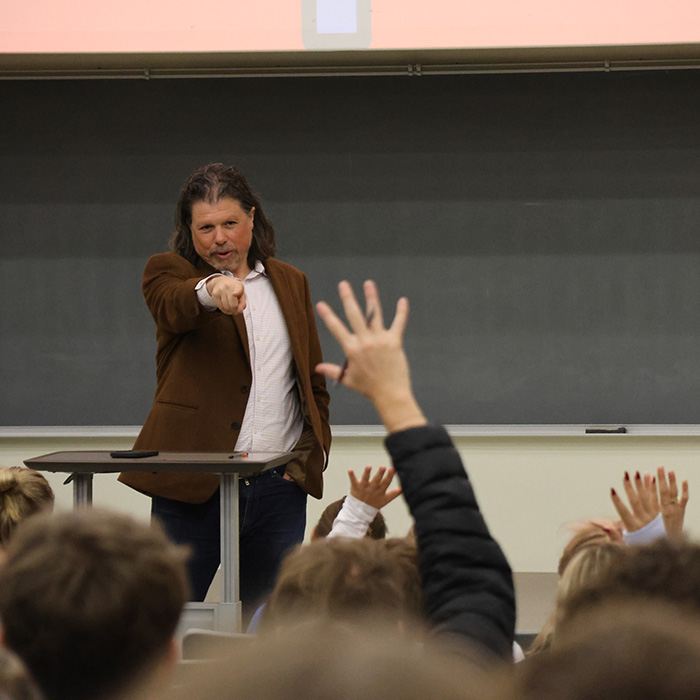
Dr. Clavio is an Associate Dean for Undergraduate Education, Director of the National Sports Journalism Center at IU, Professor of Sports Media, and Head of IU’s Sports Media program. He came to teach and discuss the topic of NIL with a class of IU students, and shared different pro’s and con’s about NIL. Dr. Clavio started off the presentation by talking about how as adults, we all have the rights to publicity and the right to profit off of your name, what you look like and how your likeness is used in any form of media or advertising. He then went into how college athletes are considered to be exempted from this right. “This is not a case of new rights being granted to college athletes, it is instead the removal of restrictions that were being imposed by college athletic departments upon college athletes, essentially telling those people you do not get the same rights as the other people that are college students.” He later discussed a multitude of subtopics under NIL, like the different ways NIL can and has affected student athletes, as well how it’s affected the universities.
The college lifestyle has been greatly impacted by the introduction of the NIL Policies which resulted in benefits as well as drawbacks. On the other hand, NIL allows athletes to develop their brands prepare well with money payments, and get prepared for their life after college sports. For players like Pomeranets, NIL creates an elite environment in college sports, by opening new opportunities for personal growth. Athletes like Easly worry that NIL could worsen gaps by prioritizing the bigger schools and high-profit organizations while presenting risks for young athletes with high financial risks.
Overall NIL polices are a huge reflection of college sports. While acknowledging the financial and personal values that athletes bring to their universities. There are many opinions on NIL and the overall impact is unquestionable. It will be difficult to address the issues brought up as Easly discussed. The opinions of the athletes are very diverse and will be important in guiding college athletes in the future.
On October 18th, people around Franklin Hall were asked about their opinions on NIL. The students and professor had different views on the topic but all agreed that NIL platforms are important.
####


